Meet our outstanding keynotes and invited speakers for ISPNR 2022.
Keynotes
Prof Alison Lloyd
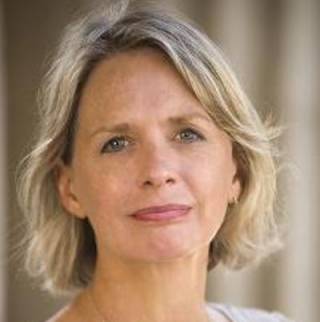
Talk: 'The multicellular complexity of peripheral nerve regeneration'
A regenerative tissue must be able to switch between different states; a stable, functional tissue that remains more or less the same for the lifespan of the animal and a repairing tissue that aims to return to the homeostatic state. Peripheral nerve is such a tissue; highly quiescent and architecturally stable during adulthood, it retains remarkable regenerative capabilities.
Critical to this process is the Schwann cell, the major glial cell of the Peripheral Nervous System (PNS). In the adult, Schwann cells are normally quiescent and associated with axons, however, in response to injury, these cells undergo a dramatic change in cell-state to a more progenitor-like state and these cells orchestrate the multicellular response required for nerve regeneration.
Using a combination of powerful in vitro and in vivo models, advanced imaging technologies and molecular analyses, our lab explores fundamental questions associated with these changes in cell state and how addressing these questions provide insight into pathologies such as cancer, neuropathies and pain. These questions include: How is a stable adult tissue established and maintained? How does a tissue switch to a regenerative state following injury and then return to the homeostatic state? How are regenerative processes such as proliferation, inflammation, cell biogenesis and cell migration co-opted during tumourigenesis?
Mr Dominic Power
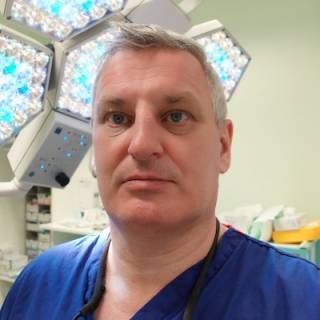
Consultant Hand and Peripheral Nerve Surgeon, University Hospitals NHS Foundation Trust, Birmingham, UK.
Talk: ‘Translational Research in Peripheral Nerve Surgery: A Personal Journey’
Dominic Power (MA MB BChir Cantab FRCS FRCS Tr & Orth) is a Consultant Peripheral Nerve Surgeon at the University Hospitals Birmingham NHS Foundation Trust. He leads the HaPPeN research network (Hands, Plastic Surgery and Peripheral Nerve) based in the Institute of Translational Medicine in Birmingham. He is an Honorary Senior Lecturer at Birmingham University.
His clinical work is delivered through the Birmingham Hand Centre and the Birmingham Brachial Plexus and Peripheral Nerve Injury Service where he treats civilian patients within the NHS and military patients as part of the Royal Centre for Defence Medicine.
Clinical interests include the use of nerve transfers for paralysis reconstruction, the surgical management of neuropathic pain, highly selective neurectomy for spasticity management, upper limb functional reconstruction after tetraplegic spinal cord injury, targeted muscle reinnervation for post-amputation pain, adult brachial plexus injuries, nerve tumours and management of the scarred nerve.
Dominic established the HaPPeN network in 2015 to develop and deliver high-quality clinical trials in peripheral nerve surgery. His current research portfolio includes a multicentre international study evaluating processed nerve allograft in the management of nerve gaps, suture-less nerve repair, outcomes after brachial plexus injury, clinical indicators of nerve regeneration and neuroma prevention. He is a co-applicant and co-Chief Investigator for an NIHR funded trial in nerve repair and Chief Investigator for an NIHR funded study in cubital tunnel surgery.
Prof Orit Shefi
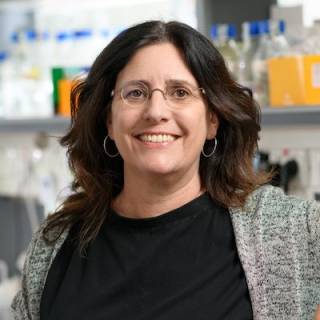
Talk: 'Nano-engineered platforms for peripheral nerve regeneration'
Orit Shefi is a Professor in the Faculty of Engineering at Bar-Ilan University. She is the head of the Neuro-engineering and Regeneration laboratory and a member of the Bar Ilan Institute of Nanotechnologies and Advanced Materials. In 2005, she earned her Ph.D. from the Department of Physics at Tel-Aviv University. From 2005-2008, she was a postdoctoral fellow at the University of California, San Diego. Her research focuses on nanotechnologies for neuronal engineering, 3D platforms for directed neuronal regeneration, magnetic manipulations of cells, and drug delivery tools.
Dr Tessa Gordon
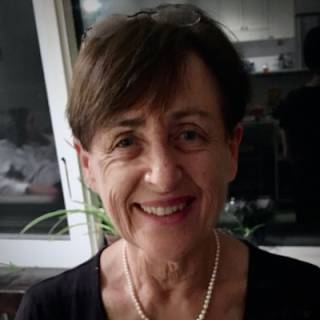
Senior Scientist at The Hospital for Sick Children, Toronto, Canada.
Talk: 'Electrical stimulation of peripheral nerves promotes regeneration after peripheral and central nerve injuries’
Tessa is presently a Professor Emeritus at the Universities of Alberta and of Toronto in Canada. Since graduating with her PhD from the Physiology department at the University of Birmingham, England, in 1972, her research interests have focused on the neuromuscular system after injury and disease. These were summarised in her thesis awarded a Doctor of Science from her alma mater in 2016. Her team's most recent studies have focussed on a) the positive effects of brief nerve electrical stimulation and b) of neurotrophic factors on accelerating peripheral nerve regeneration and 3) the selective loss of large fast contracting motor units in Amyotrophic Lateral Sclerosis. They are presently examining the possibility that conversion of motor units from fast to slow contracting may ‘save’ the susceptible motoneurons.
Dr David Hercher
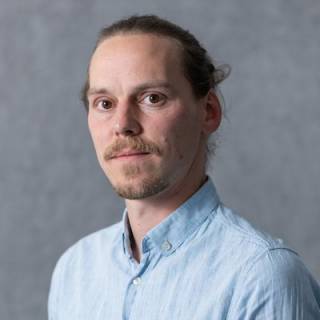
Head of the Department for Neuroregeneration, Ludwig Boltzmann Institute for Traumatology, Vienna, Austria.
Talk: 'Extracorporeal shockwave therapy of peripheral nerves and 3D imaging of nervous tissue'
David Hercher’s research focus lies on the investigation of regenerative processes after traumatic injuries to the nervous system, with special emphasis on the elucidation of effects of extracorporeal shockwave therapy on Schwann cells and nervous tissue as well as novel imaging modalities and their application in the field of regenerative medicine. Most important scientific findings are the identification of phenotypical commitment of motor and sensory Schwann cells after nerve injury, the development of a novel contrast agent-enhanced µCT 3D histology method for application in peripheral nerve regeneration as well as novel findings of functional regeneration using automated gait analysis. David Hercher is a molecular biologist by training, did his Dr. scient. med. in medical sciences at the Medical University of Vienna. He is the head of the Neuroregeneration group at the Ludwig Boltzmann Institute for Traumatology since 2018 and a senior lecturer and researcher at the University of Applied Science FH Technikum Vienna since 2022.
 Close
Close

